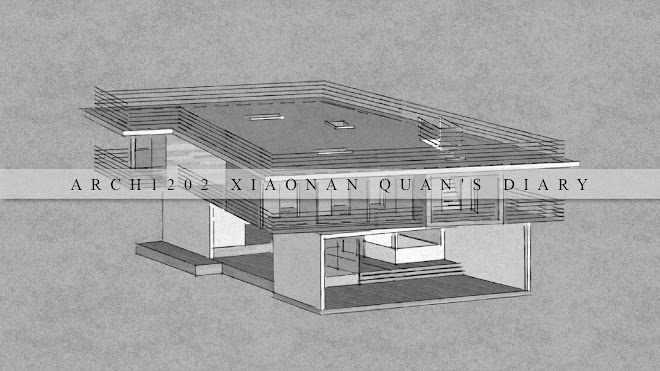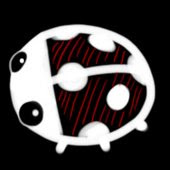
3.Concept in my design: different feeling and sight when human go to another environment, for example under sea. Jacques must like the feeling that his sight can go through different spaces.
"From birth, man carries the weight of gravity on his shoulders. He is bolted to the earth. But when man has only to sink beneath the surface and he is free. Buoyed by -water, he can fly in any direction - up, down, sideways- by merely flipping his hand. Underwater, man becomes an archangel."
Jacques-Yves Cousteau, "Poet of the Depths" Time, March 28, 1960, http://www.time.com/time/magazine/article/0,9171,826158-1,00.html, viewed April 4, 2009.
"Cousteau wondered if man could ever live on the ocean floor. To explore this possibility, in 1962 he built a living chamber on a continental shelf,a shallow underwater plain bordering a continent. Called Conshelf, the watertight chamber was situated approximately 39 feet (12 m) below the surface of the Mediterranean Sea near Marseilles. Radio and video cables provided a connection between the surface and the living quarters for two aquanauts.The aquanauts left the chamber daily to explore the surrounding oceanic waters and hosted visitors. After one week, they exhibited no negative physiological effects."
"Cousteau used his fame to promote a message of conservation and protection of the world’s oceans. As a source for food, minerals, and rainfall, as well as being a temperature moderator, the oceans were too valuable to pollute or exploit. He founded the nonprofit Cousteau Society in 1973 to communicate this message. He showed the public photographs of marine organisms tangled in nets and ocean debris to garner support. In 1991 he started a petition to adopt a “Bill of Rights for Future Generations” that addressed the long-range troubles caused by pollution. He was appointed to the United Nations High Level Advisory Board on Sustainable Development in 1993. France named Cousteau chairman of a newly created Council on the Rights of Future 102Marine ScienceJacques-Yves Cousteau103 Generations, but Cousteau resigned in 1995 to protest nuclear testing in the Pacific Ocean."
McCutcheon, S & Bobbi 2005, Jacques-Yves Cousteau, Marine Science, Infobase, New York, p. 100, 103.


